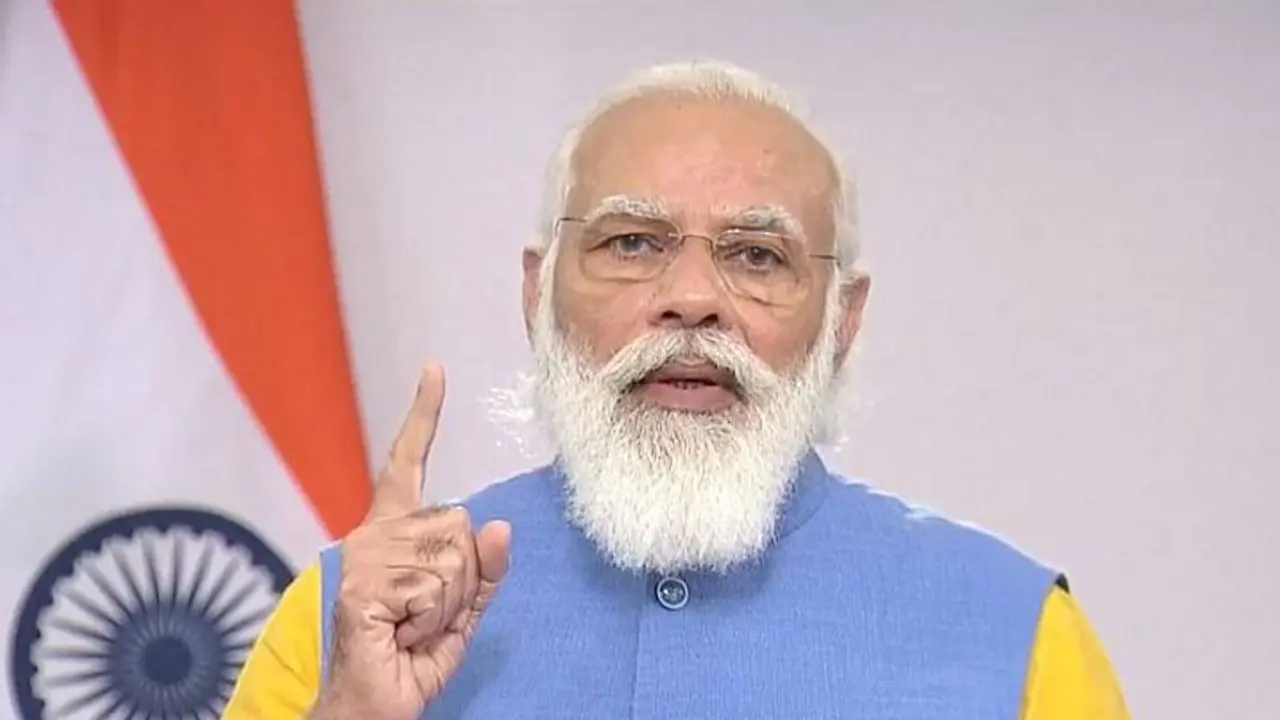India is the only country which is on track to meet the ‘2°C compatible’ goal, among the G20 nations
Bengaluru: In a heartening development, India happens to be the only country which is on track to meet the “2°C compatible” goal, among the G20 nations, as per a Times of India report.
In this regard, India had promised in 2015 under the Paris Agreement on climate change.
The top three emitters — China, the US and the EU are yet to meet the promise. This observation was made by a coalition of 14 global thinktanks, including TERI, which showed that the other 19 leading and emerging economies were far from achieving their goals, the website noted.
It is to be noted that China is in the 'highly insufficient' category goal.
However, it should further be noted that a new target – 1.5 degree Celsius pathway – set in 2018 is not being met.
"India is the only G20 country which is on a track consistent to move the world to a 2-degree Celsius warming future, though not a 1.5-degree warming future," the website added TERI director general Ajay Mathur as saying.
He further added that the country was able to "move the needle of its carbon emissions trajectory through the largescale adoption of renewable electricity".
Why the new 1.5 degree Celsius benchmark:
The website notes that the UN's Intergovernmental Panel on Climate Change (IPCC) came out with a report showing how the 2-degree Celsius goal (keeping the global average temperature rise within 2 degree Celsius by 2100 from the pre-industrial level) would be devastating for the globe. It was assessed that drought and heavy rainfall risks would be much higher at the 2-degree Celsius mark than at 1.5 degree Celsius.
Referring to India’s renewable energy push, Mathur said, “It is possible that future growth of electricity-generating capacity in India will be based on renewables and storage because of the price advantages. India now has to enable development of electric transport and of (renewable) electricity and green hydrogen use in industry.”
The website further quoted him as saying, “This experience of enabling growth in the power, transport and industry sectors to be based on zero-carbon-emissions technologies would have huge replicative value.”
